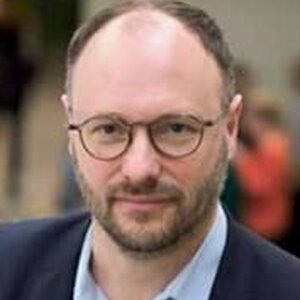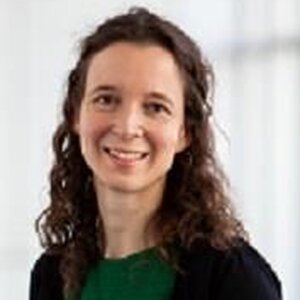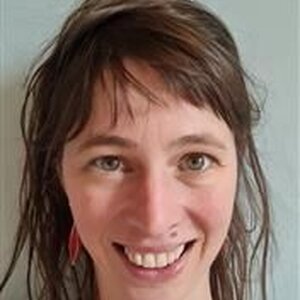Family businesses and the crisis
The corona crisis and the subsequent measures have shaken up the economic landscape and put the resilience of our companies to the test. How resilient and flexible are Flemish (family) businesses?

Our partners
CenSE in cooperation with research institutes in Sweden and France
Meet the researchers
Want to know more about this project?
Sustainability Makers: the way to SDG
This project explores methods to implement SDG's with the VET-target group.

Our partners
Erasmus+ KA2
Meet the researchers
Want to know more about this project?
Our partners
- Ellen Delie, Province of East Flanders
- Mieke Pieters, The Circular Hub
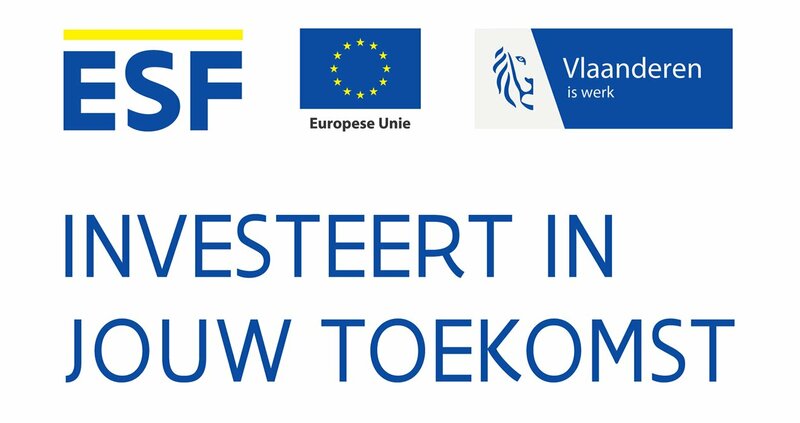
S-CircEl
Transition from the social economy to a sustainable, paid job (in the regular circuit) is and remains a major challenge. Within this project, we look for new opportunities to (re)activate this target group in the (regular) labour market and to increase their chances of a sustainable job. We focus on short- and medium-skilled profiles with a distance to the labour market.
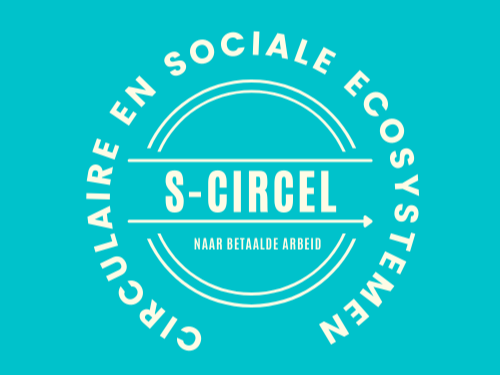
Meet the researchers
Want to know more about this project?
In this project we map religion-based solidarity initiatives (RSIs) in Brussels and study how cooperation between RSIs and social work organisations (SWOs) can be improved. In the post-secular society, RSIs play an important role in supporting and assisting people in vulnerable situations. We are conducting extensive field research to map the diversity of RSIs and are setting up an action research project in cooperation with RSIs, SWOs, students, lecturers and researchers. We will also develop training for social workers and social work students.
Social work practices for people with precarious residence status in Brussels: an exploration of religion-based solidarity initiatives
In this project we study the links between religion-based solidarity initiatives (RSIs) and social work organisations (SWOs). Today, the national welfare state does not (yet) have an answer to a number of new challenges in our rapidly changing world. RSIs meet some of these challenges and are becoming increasingly important in the organisation of social support and solidarity. Especially in cities with a lot of diversity, people's religious beliefs are again taking more space in public life.
In the current social context, this trend is often viewed with suspicion. Nevertheless, RSIs have many assets to deal with the challenges of our time. There is a need for substantiation and nuance in the debate on what solidarity should look like. Therefore, in this project we examine what RSIs do in Brussels in their daily practice and how they relate to formal social work. The focus is on the target group of people with a precarious residence status.
Concretely, the project aims to:
- design a template for a (dynamic and interactive) social map of RSIs in Brussels;
- develop customised community service learning modules (for social work students) and training courses (for the Brussels social work field), based on in-depth qualitative field research at Brussels RSIs and SWOs, and
- improve the cooperation between secular and religious forms of solidarity.
Central to this is the idea that we should focus on a social work practice that can bridge and cooperate with RSIs on the basis of complementarity.
Publications (Dutch only)
Meet the researchers
Co-promotor: Peter Raeymaeckers, Master's degree in social work (University of Antwerp)
Partners: ORBIT vzw / Kenniscentrum Welzijn, Wonen, Zorg vzw / Foyer vzw
Want to know more about this project?
In this project we explore the perspectives and experiences of people who beg, of social workers and of other stakeholders such as shopkeepers, police or passers-by. We do so because the social, policy-related and economic importance of begging contrast with the lack of knowledge about and, above all, of a shared vision of begging. We follow a number of people who beg, listen to their stories and talk to shopkeepers and neighbourhood committees.
Begging in the Brussels Capital Region: a reality from various perspectives
This research project studies begging in Brussels from different perspectives in order to co-create evidence-based and experience-based policy and practice. While ongoing research at KU Leuven quantifies some aspects of begging, our research offers a complementary multi-method approach. Despite the clear presence of begging in Brussels and the expertise in the field, there is little scientific research on recent evolutions and the actual situation of people and families who beg in the Brussels Capital Region. The social, policy-related and economic importance of begging contrast with the lack of knowledge and especially of a shared vision of begging.
In this study we map out the profiles of people who beg, by means of participant observation, analysis of registration data, interviews and Photovoice. We pay attention to the living environment of people who beg and look for situations that may cause friction with other users of public space and/or with the government. We focus on longitudinal follow-up of people who beg. In addition, we investigate the impact of begging on other possible stakeholders, such as shopkeepers, local residents, police, local government or passers-by. The voices of the various parties involved are structurally represented via learning networks. In this way we lay the foundations for a process of joint vision development that also leads to a stronger social work practice embedded in the reality of Brussels.
Meet the researchers
- Stef Adriaenssens, KU Leuven
- Diogenes vzw
- Foyer vzw, Dienst Roma & Woonwagenbewoners
- Kenniscentrum Kinderrechten vzw (KeKi)
Want to know more about this project?
Would you like to share an experience or find out more?
"Hybridisation and community initiative in the super-diverse city": what role does social shadow work play in Brussels? Do they mainly deal with service provision and meeting people? Or do they also deal with the political mission of social work?
Description
In this study on "Social shadow work in the super-diverse city: hybridisation and politicisation among informal and non-formal actors in Brussels", we explore the role played by informal and non-formal actors in the city's social work field. We ask a series of questions on the basis of the normative human and fundamental rights framework that social professionals use. This applies to social workers, to 'specialised support workers' and to family scientists. We explore three dimensions which interact with each other.
Objectives
- Gaining insight into the increasingly complex practice in the field through mapping and in-depth research.
- Strengthening exchange and cooperation within SAW regarding themes of hybridisation and politicisation.
- Contributing content from the Brussels context to the Social Work Conference 2022 and to a publication by the PARKS research consortium of Flemish social work training institutes, led by SAM vzw.
- Developing and providing tools and expertise for coaching, training and forming social workers in the broad social field with a view to dealing professionally with social shadow work within a metropolitan context.
- To provide insight into new dynamics, care relationships and challenges in the field through teaching materials. We start from the premise that the social work field should at least know that social shadow work exists. Whether cooperation is possible is a second question. Uncovering some of the blind spots of informal social work is also a goal of this project.
